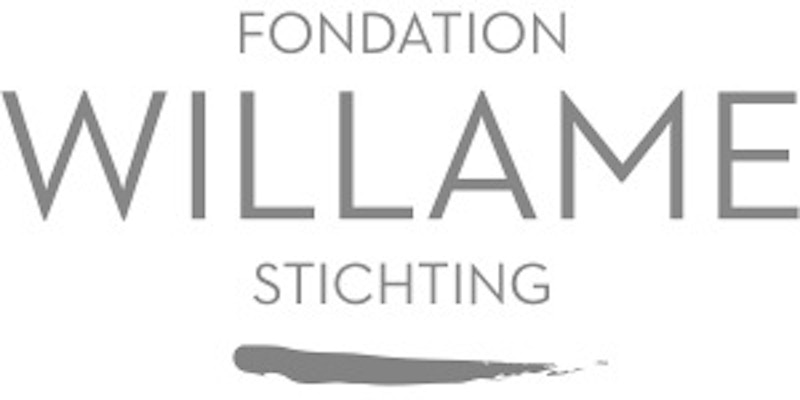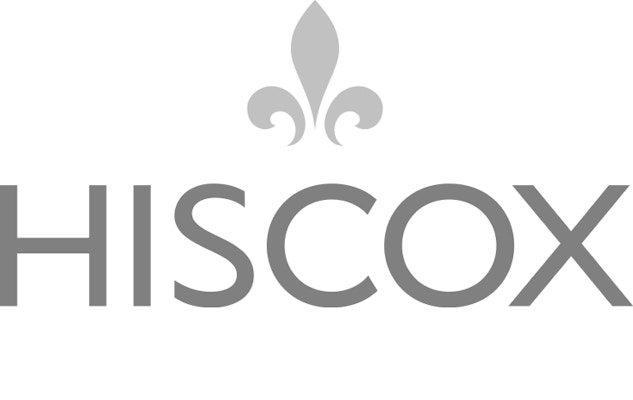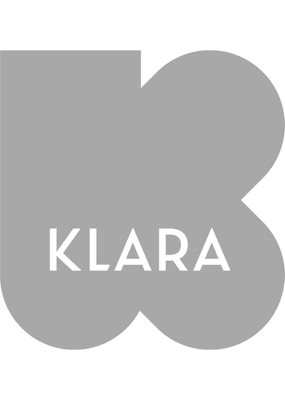[Performance] (2017) “Berkubang darah, berkalang tanah” Sebuah terjemahan dalam deskripsi situasi yg mencekam, meregangkan sel-sel otak, menembus batas nurani, nilai nilai kemanusiaan dalam kerangka perebutan kuasa atas tanah, air, udara yang menghidupi kita semua
“Wallowing in blood, barred on the ground”
A translation of a gripping situation, stretching the brain cells, beyond the conscience boundaries; the humanity value in a power framework struggle over the land, water, and air that nourishes us all
For the Performance Klub at S.M.A.K., Setu Legi has developed a site-specific installation in the form of a diptych which, like a bracket, embraces the space where the performances take place. The installation consists of both existing paintings and objects and new murals. In one section the artist expresses criticism of several specific religious developments in his country: the transition from a hybrid, broad-minded form of Islam to an increasingly dominant fundamentalism and the flagrant commercialisation of the hadj, the pilgrimage to Mecca.
In the other section Leti condemns the pollution caused by major industries and sketches a number of controversial street protests in clay on the wall: the kamisan, the weekly silent demonstration with black umbrellas in front of the Royal Palace in Jakarta, whose participants demand retribution for the unpunished shooting of family members in the 1998 protest marches; and the action undertaken by nine farmer’s wives in April 2016, having their feet bricked in to prevent the Semen Gresik cement company receiving an environmental licence to build four new factories.
Setu Legi (Yogyakarta, 1971) lives and works in Yogyakarta. In the tumultuous period following the economic crisis and the forced resignation of President Suharto in 1998, he set up the Taring Padi art and culture collective together with some friends. He is currently active mainly as an individual artist, but also regularly collaborates with artists from other disciplines.
Setu Legi uses a variety of ‘abject’ materials. He creates terracotta sculptures, murals in clay, paintings in acryl and installations using recycled materials. His work invariably presents a critical reflection of the socio-political conditions in present-day Indonesia. In recent years Legi has concentrated mainly on the increasing fundamentalism and religious confrontations in his country, and also on the destructive treatment of the environment. To give an example, he regularly attacks plantation production processes that are responsible for the monoculture of palm oil and other products and which have a huge impact on traditional local communities.















